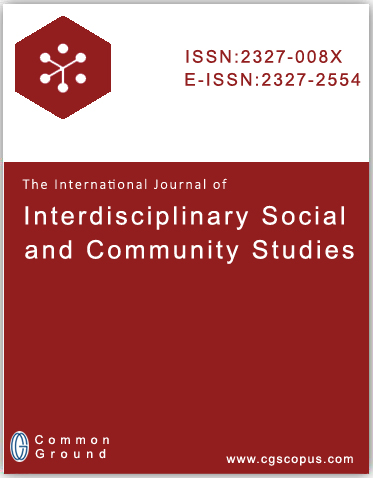ANTHROPOLOGY OF INDIGENOUS KNOWLEDGE SYSTEMS AND ETHNO-MEDICINAL PRACTICES IN INDIA
DOI:
https://doi.org/10.18848/2enw8w66Keywords:
Indigenous Knowledge Systems, Ethno-medicine, Biodiversity Preservation, Sustainable Healthcare, Scientific Validation, NEP 2020, Environmental Sustainability, BiopiracyAbstract
India, has diverse cultural heritage and ecological richness and is home to a vast array of Indigenous Knowledge Systems (IKS), particularly in the realm of ethno-medicine. These traditional practices are rooted in the deep relationship between indigenous communities and their environment, offer holistic approaches to health and healing that have sustained generations. This paper explores the anthropology of IKS, examining its role in preserving the biodiversity, promoting sustainable healthcare, and supporting the well-being of tribal communities across regions such as Madhya Pradesh, Arunachal Pradesh, Tamil Nadu, and Meghalaya etc. By integrating insights from the leading scholars and case studies, the study highlights how IKS has contributed to Ayurveda and modern pharmacology, bridging traditional wisdom with scientific validation. However, these systems face significant challenges, including the erosion of oral traditions, biopiracy, environmental degradation, and the pressures of globalization. Furthermore, the paper evaluates the impact of policy frameworks, particularly the National Education Policy 2020, in promoting the preservation and mainstreaming of indigenous knowledge in education and healthcare systems. This research calls for a comprehensive approach that combines cultural sustainability, scientific research, and community empowerment to ensure the survival and relevance of IKS in a rapidly changing world.










